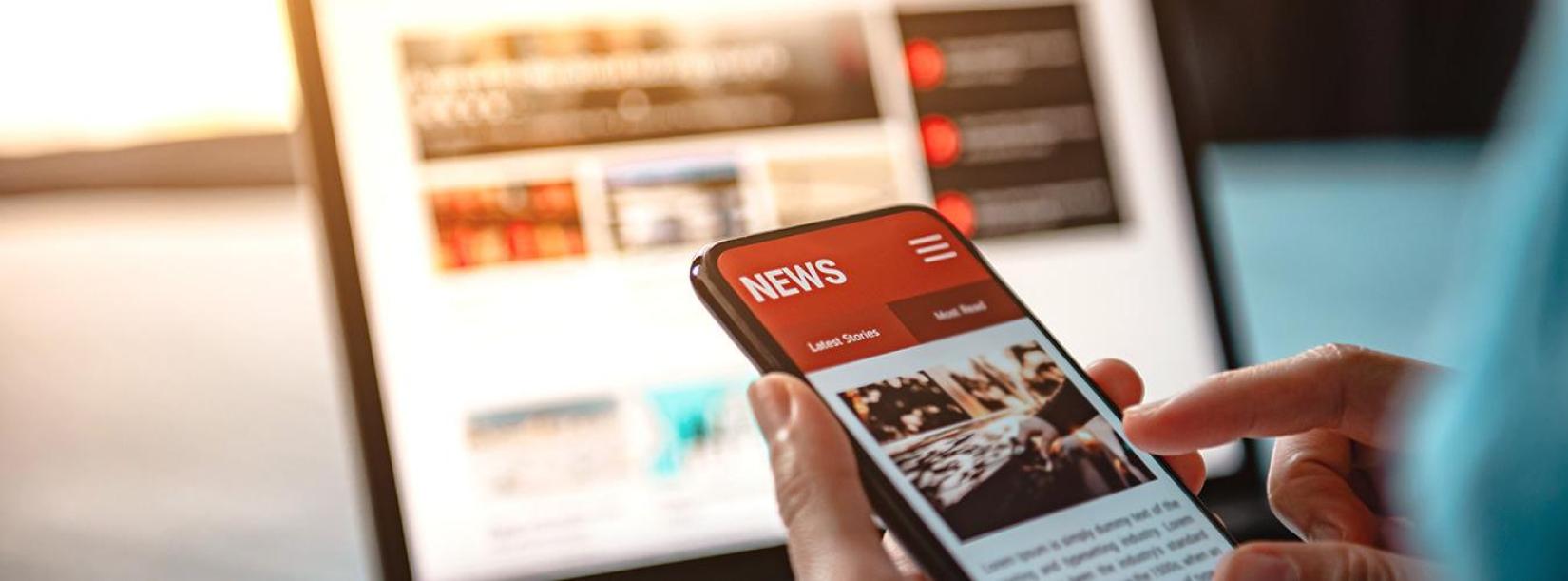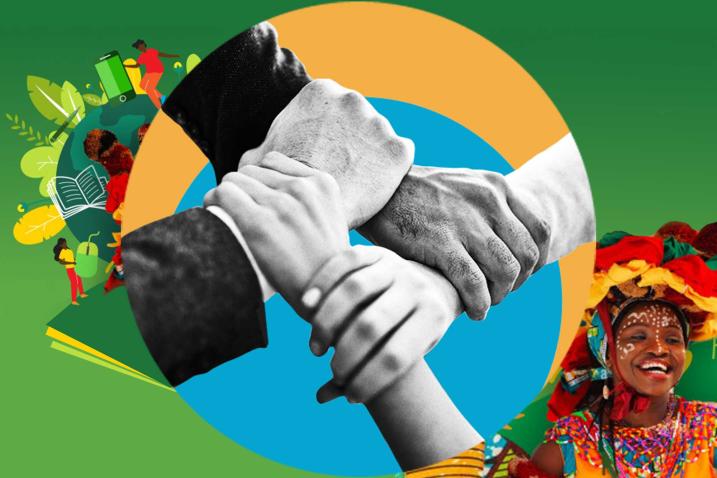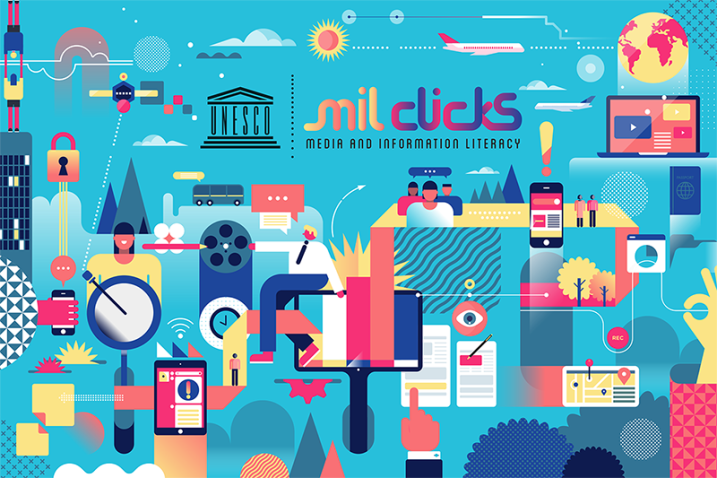
Global Media and Information Literacy Week (24-31 October)
2023 Theme: Media and Information Literacy in Digital Spaces: A Collective Global Agenda
In Our Common Agenda report of the Secretary-General of the United Nations, twelve commitments were made by world leaders. Among these commitments, UN Secretary-General António Guterres highlighted the values of trust and solidarity as being the glue for social cohesion and social breakthroughs for the common good.
However, the harsh reality is that the trust factor is being eroded. Considering Our Common Agenda, we are calling on the global community to not only reaffirm and increase commitment to Media and Information Literacy (MIL) for all, but to also develop new initiatives on MIL to nurture trust.
The Global MIL Week 2023 focuses on digital spaces and gives the opportunity to explore paths for strengthening multilateral cooperation with digital platforms and other stakeholders. It highlights some promising actions in connection with media and information literacy in the last year and how media and information literacy helps with nurturing trust and countering mistrust.
Postponed!
#GlobalMILWeek2023
This year's Global Media and Information Literacy (MIL) Week was to take place in Jordan.
Due to the situation in the region, the Hashemite Kingdom of Jordan and UNESCO have decided to postpone the Global MIL Week 2023 Conference, planned for 23-25 October in the Dead Sea, to a future date that will be communicated at the earliest possible time.
Background
Media and Information Literacy for the Public Good
In 2021, the UN General Assembly decided to commemorate Media and Information Literacy (MIL) week, citing the need for the dissemination of factual, timely, targeted, clear, accessible, multilingual and science-based information. The resolution recognizes that the substantial digital divide and data inequalities that exist among different countries and within them, can be addressed in part by improving people’s competencies to seek, receive and impart information in the digital realm.
In the current ecosystem of complex and sometimes contradictory messages and meanings, it is hard to conceive of the public good being advanced, if the public is disempowered in the face of opportunities and threats. Each individual needs to be equipped with media and information literacy competencies to understand the stakes, and to contribute to and benefit from information and communication opportunities.
Global Media and Information Literacy Week, commemorated annually, is a major occasion for stakeholders to review and celebrate the progress achieved towards “Media and Information Literacy for All.”
What is Media and Information Literacy?
Our brains depend on information to work optimally. The quality of information we engage with largely determines our perceptions, beliefs and attitudes. It could be information from other persons, the media, libraries, archives, museums, publishers, or other information providers including those on the Internet.
People across the world are witnessing a dramatic increase in access to information and communication. While some people are starved for information, others are flooded with print, broadcast and digital content. Media and Information Literacy (MIL) provides answers to the questions that we all ask ourselves at some point. How can we access, search, critically assess, use and contribute content wisely, both online and offline? What are our rights online and offline? What are the ethical issues surrounding the access and use of information? How can we engage with media and information and communications technologies (ICTs) to promote equality, intercultural and interreligious dialogue, peace, freedom of expression and access to information?
Through capacity-building resources, such as curricula development, policy guidelines and articulation, and assessment framework, UNESCO supports the development of MIL competencies among people.
This part of the article has been published in United Nations' site through this link: Global Media and Information Literacy Week | United Nations (https://www.un.org/en/observances/media-information-literacy-week)
The virtual hackathon is an occasion for young people and youth organizations to participate in the creation of innovative MIL learning in meaningful ways. We call on youth worldwide to participate and design innovative solutions to a defined set of social challenges, in connection with the year’s theme. Winning teams and the outcome of the hackathon will be presented during the Youth Agenda Forum.
Read more: Global MIL Youth Hackathon | UNESCO
Social media is a powerful tool to help people develop better MIL. MIL CLICKS is a way for people to acquire MIL competencies in their normal day-to-day use of the Internet and social media and to engage in peer education in an atmosphere of browsing, playing, connecting, sharing, and socializing.
Read more: MIL CLICKS | UNESCO
Watch
What does UNESCO do to Promote Media and Information Literacy?
Media and Information Literate Citizens: Think Critically, Click Wisely!
Read
Documents
- UN Resolution adopted by the General Assembly
- UNESCO General Conference Proclamation
- Seoul Declaration on Media and Information Literacy for Everyone and by Everyone
- Report on Countering Disinformation
- Report on Secretary General's Roadmap for digital cooperation
UNESCO on MIL
- Resources
- Publications
- Curriculum for Teachers
- Multimedia Teaching Resources Tool
- Massive Open Online Courses





